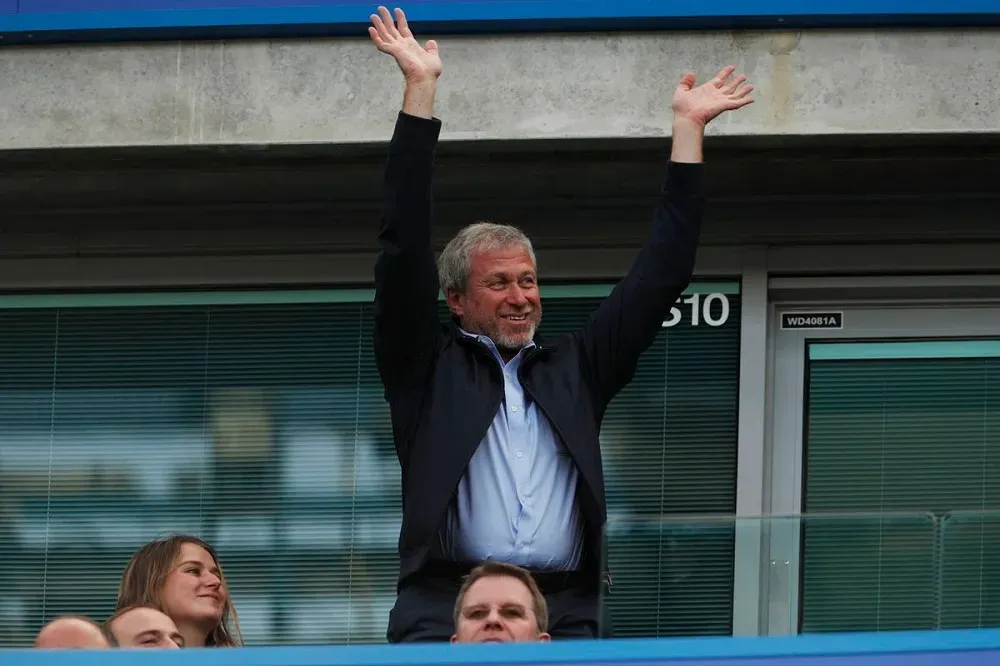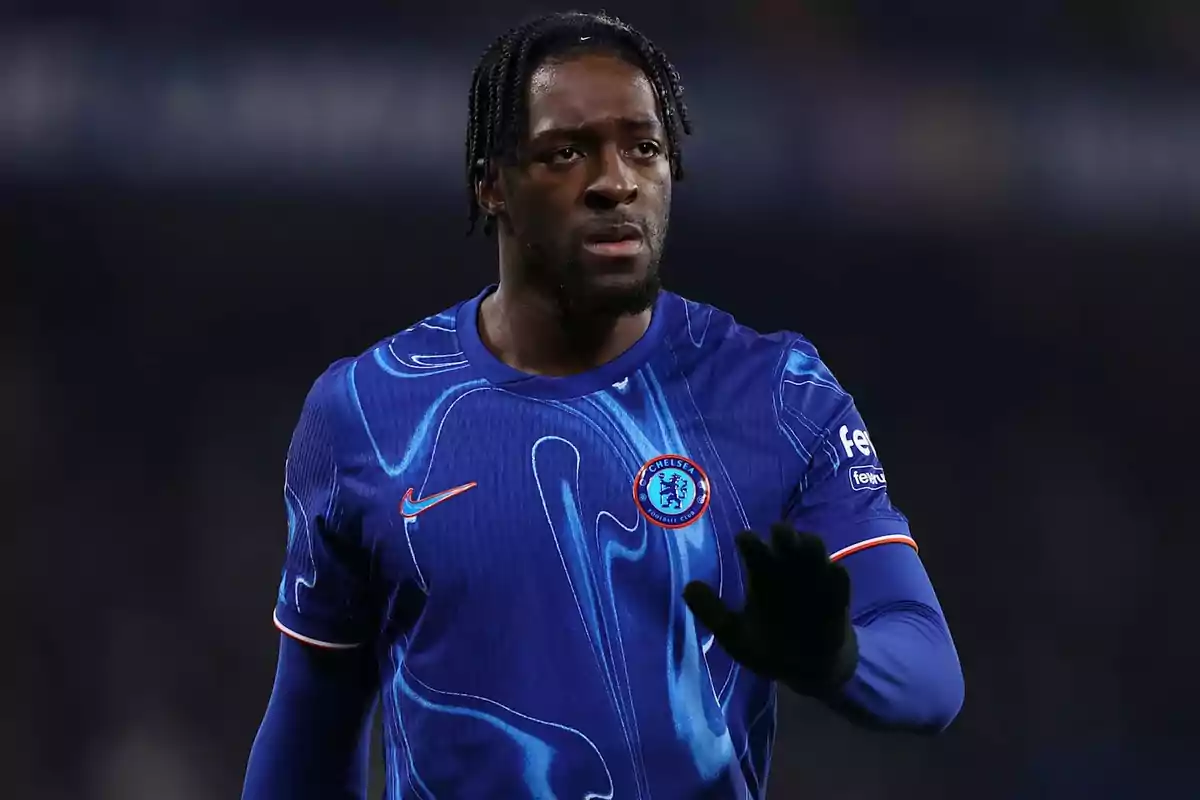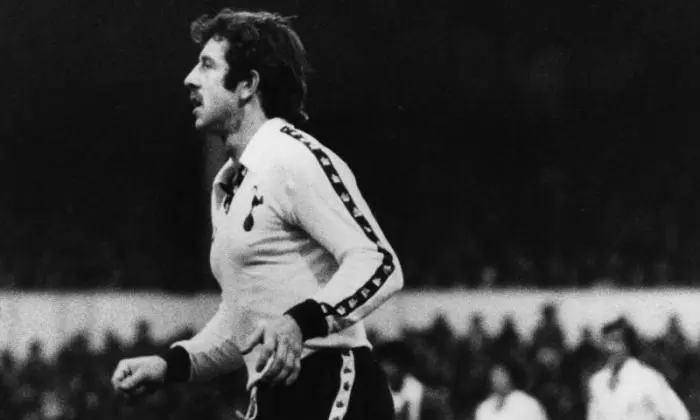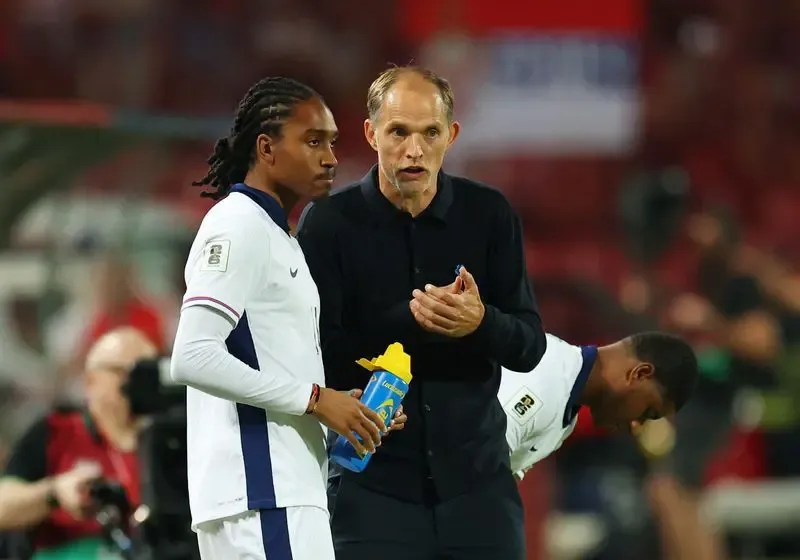
Chelsea FC Face 74 FA Charges Over Historic Agent and Third-Party Breaches under Roman Abramovich

In a bombshell development that threatens to reopen old wounds from Chelsea FC's dominant Abramovich era, The Football Association (FA) has slapped the Blues with a staggering 74 charges related to breaches of rules governing football agents, intermediaries, and third-party investments in players.
The announcement, released on the FA's official website today, covers conduct spanning from the 2009/10 season to as recently as 2022, but primarily focuses on the period between 2010/11 and 2015/16—a golden age for Chelsea under Russian oligarch Roman Abramovich, marked by Champions League glory and lavish spending.
Chelsea has until Friday September 19th 2025, just eight days from now, to formally respond to the charges, setting the stage for what could be a protracted disciplinary process with implications for the club's legacy and future compliance.
— FA Spokesperson (@FAspokesperson) September 11, 2025
The Charges: A Breakdown of the Regulations Breached
At the heart of the FA's case are violations of four key sets of regulations, each designed to promote transparency, prevent conflicts of interest, and eliminate undue external influence in football dealings.
While the FA's statement is characteristically terse, providing no granular details on individual breaches, the regulations in question paint a clear picture of alleged improprieties in how Chelsea handled agent fees and external funding for player acquisitions.
1. FA Football Agents Regulations: J1 and C2
These rules, part of the broader framework updated in recent years to align with FIFA's global standards, govern the conduct of licensed agents (formerly known as intermediaries) and the payments clubs make to them. Regulation J1 likely pertains to the mandatory registration and disclosure of representation agreements between agents, players, and clubs—ensuring all deals are documented and approved to avoid hidden incentives. Breaches here could involve unregistered or undisclosed agent involvement in transfers.
Regulation C2 focuses on payment protocols, prohibiting clubs from making or facilitating payments to agents outside of official channels, such as direct third-party reimbursements that bypass the club's audited accounts. In essence, it mandates that all agent fees be transparent and accounted for in financial reports, preventing "off-books" deals that could distort fair play.
2. FA Regulations on Working with Intermediaries: A2 and A3
These predate the full shift to the "agents" terminology (introduced in 2023) and were the operative rules during much of the charged period. They emphasize ethical engagement with intermediaries—individuals or entities facilitating transfers or contracts.
A2 explicitly prohibits clubs and players from paying third parties (e.g., companies or associates) in lieu of direct intermediary fees, aiming to stop "laundering" of payments through proxies. A3 builds on this by requiring full disclosure of any dual representation (e.g., an agent acting for both buyer and seller) and banning undisclosed incentives that could sway negotiations. Violations often stem from non-transparent fee structures, where intermediaries receive kickbacks or bonuses not reported to the FA.
3. FA Third Party Investment in Players Regulations: A1 and B3
These are among football's most stringent anti-corruption measures, introduced post the 2000s scandals involving third-party ownership (TPO), where investors held stakes in players' future transfer fees—creating incentives for premature moves or inflated values.
A1 defines and prohibits "third-party influence," where external entities (not the club or player) exert control over a player's economic rights or transfer decisions, such as through loans, guarantees, or hidden funding. B3 imposes strict reporting obligations: clubs must disclose any third-party involvement in player deals, including investments that could affect squad selection or contract terms. Breaches here are particularly grave, as they risk compromising match integrity by allowing outsiders to "own" outcomes.
In total, these 74 charges—roughly 10-15 per regulation category—suggest a pattern of systemic issues rather than isolated errors, with the FA alleging Chelsea failed to uphold these standards across multiple high-profile transactions.
Chelsea's Response and Potential Fallout
Chelsea has remained tight-lipped, issuing no immediate comment beyond acknowledging receipt of the charges. With just over a week to reply, the club—now under Todd Boehly's American ownership—will likely contest the allegations, arguing the payments were legitimate owner contributions, not club breaches. Legal precedents, like FIFA's ongoing tussles over agent caps, could bolster their defense.
If found guilty, consequences could range from hefty fines (potentially £10-20 million, given UEFA's recent £27 million slap for unrelated FFP issues) to suspended points deductions or transfer embargoes. More damningly, it could tarnish Abramovich's legacy and invite retrospective FFP recalculations, though experts doubt it'll retroactively strip titles.
This saga underscores football's evolving battle for financial purity. As Chelsea eyes another title push, these charges serve as a stark reminder: the ghosts of Stamford Bridge's past are harder to bury than a last-minute winner. Watch this space—the hearing could redefine accountability in the English game.
Most Read









